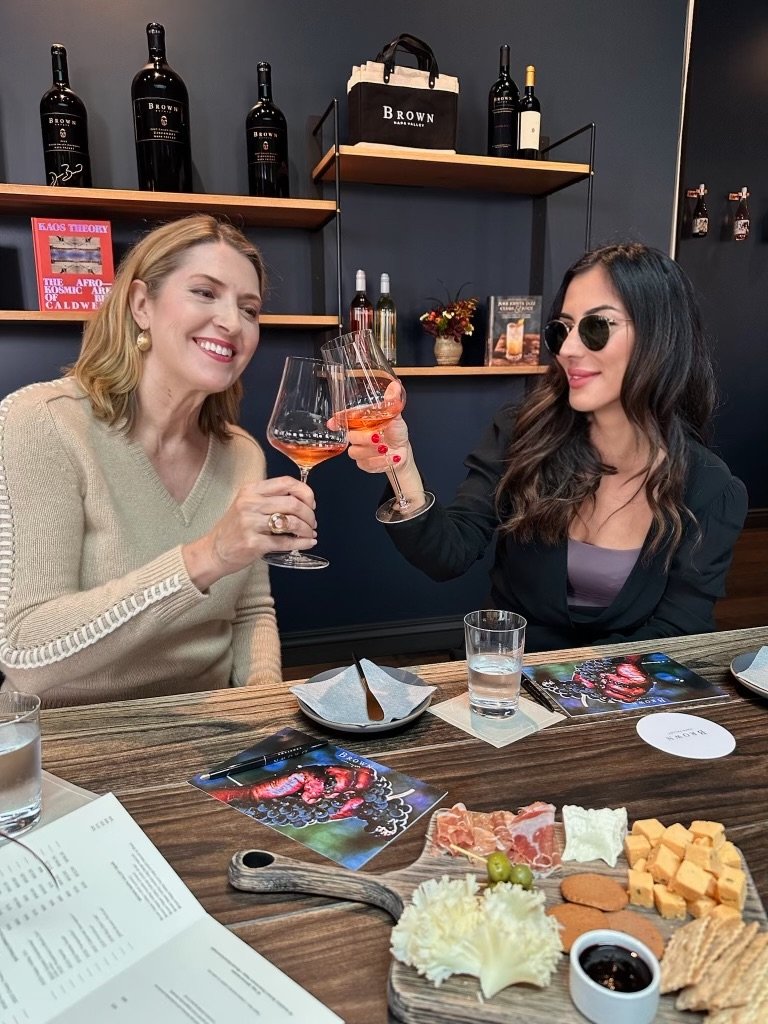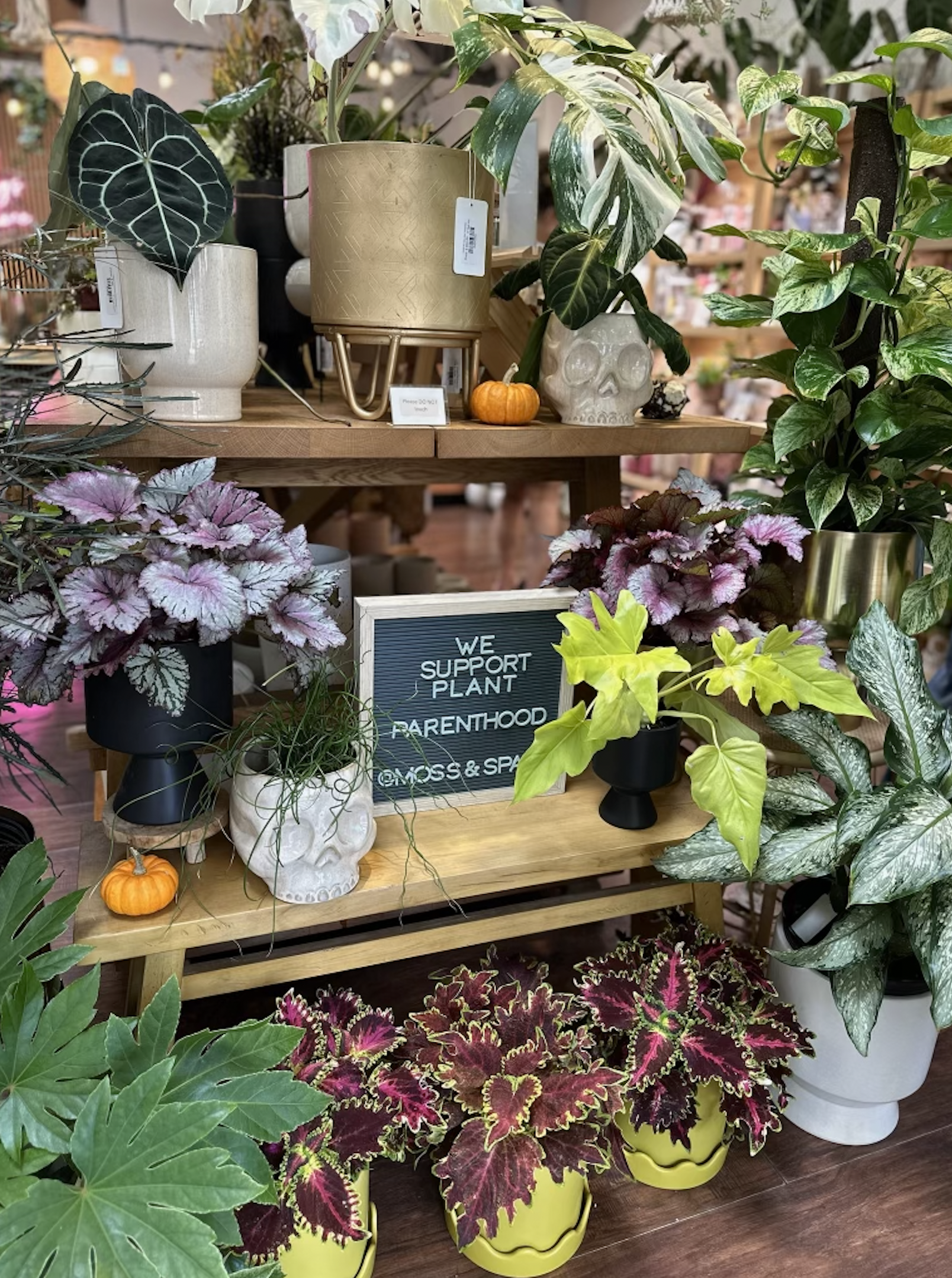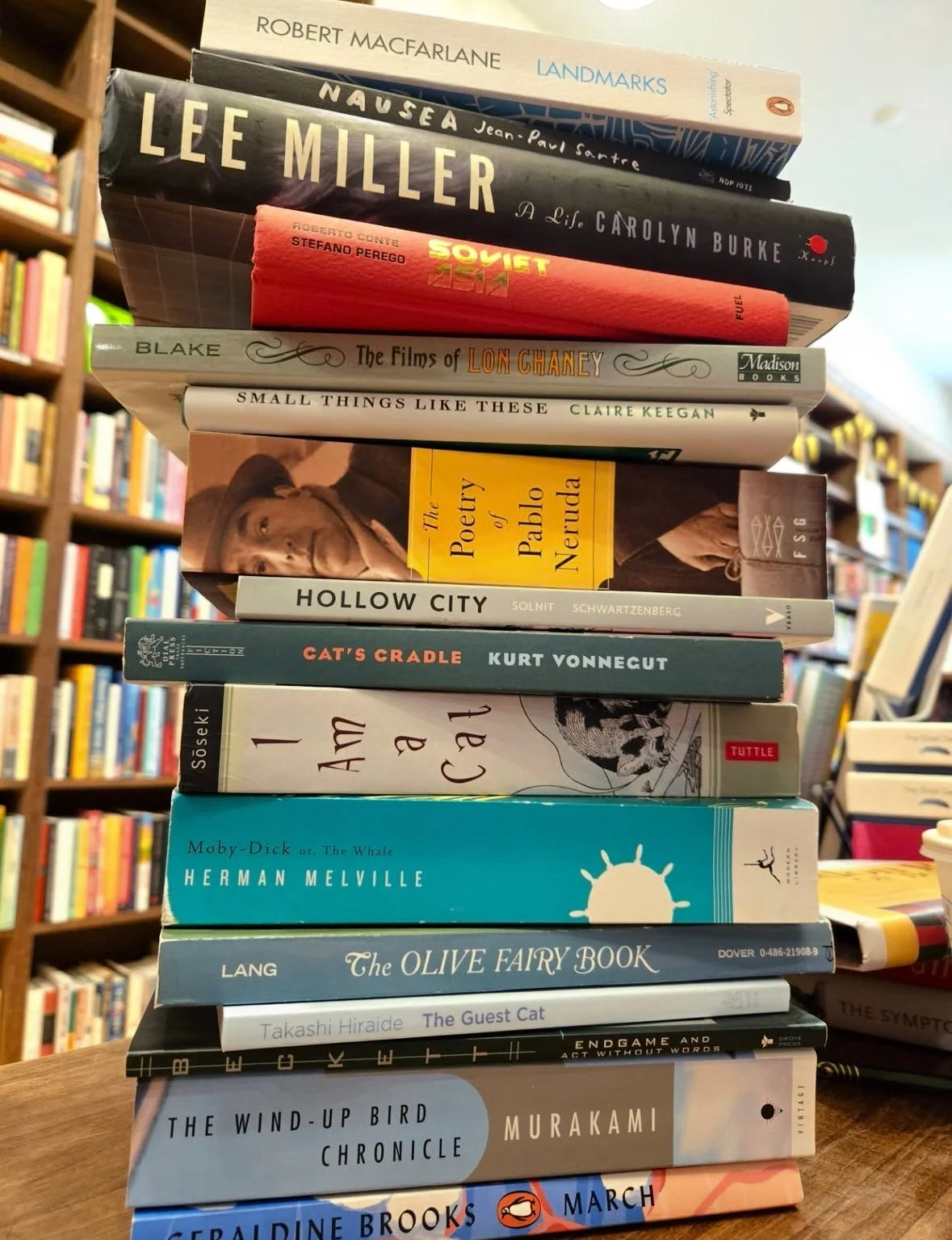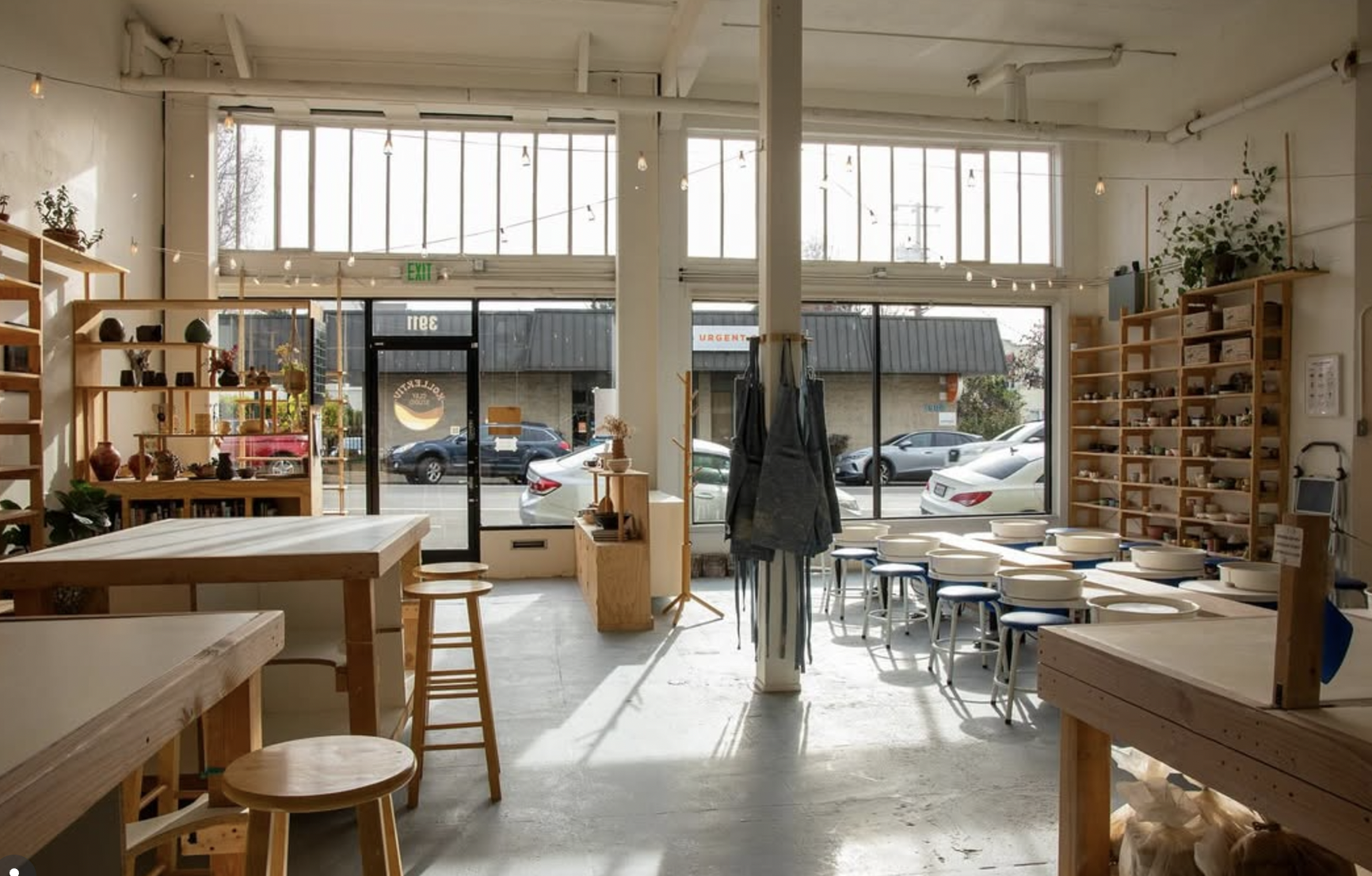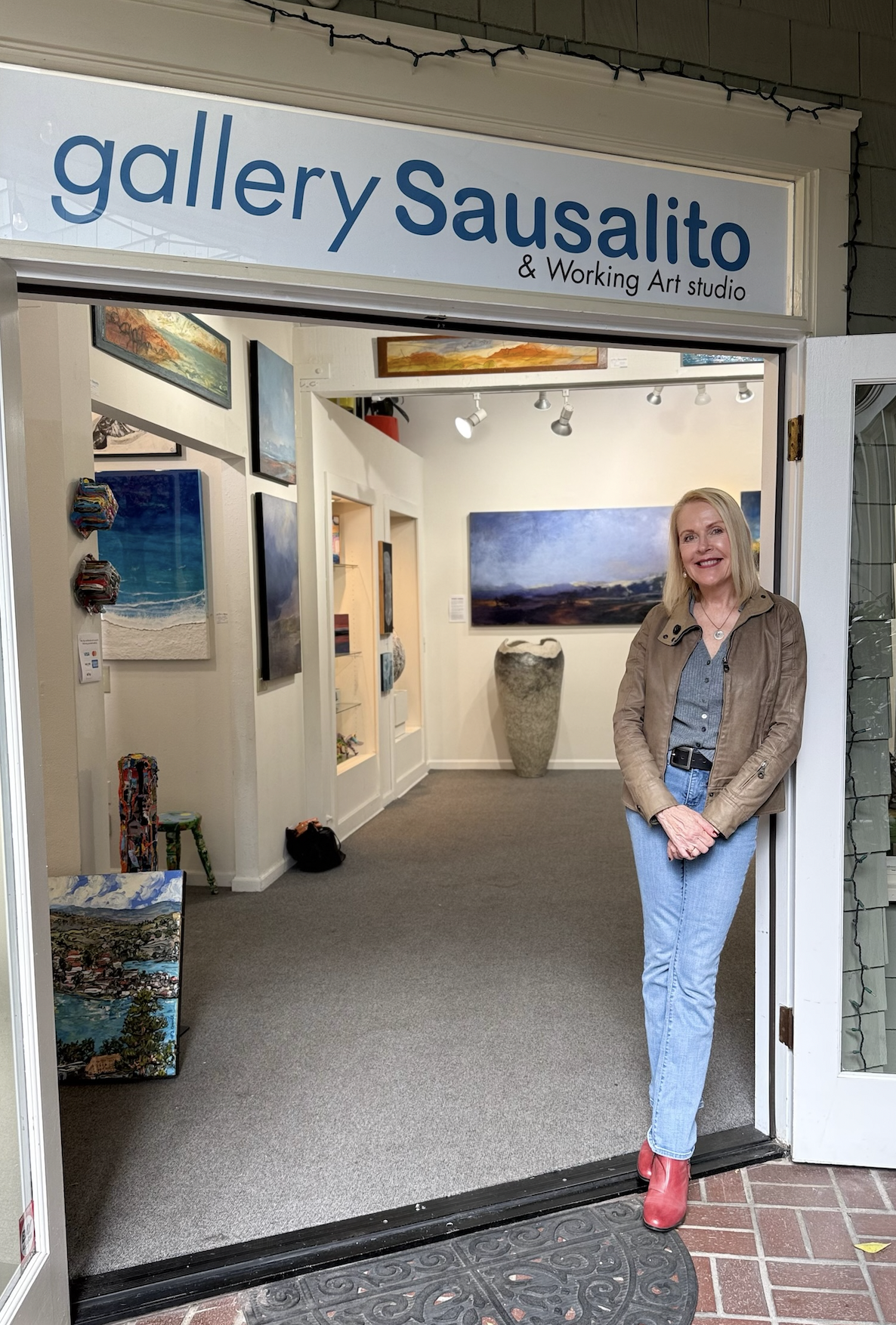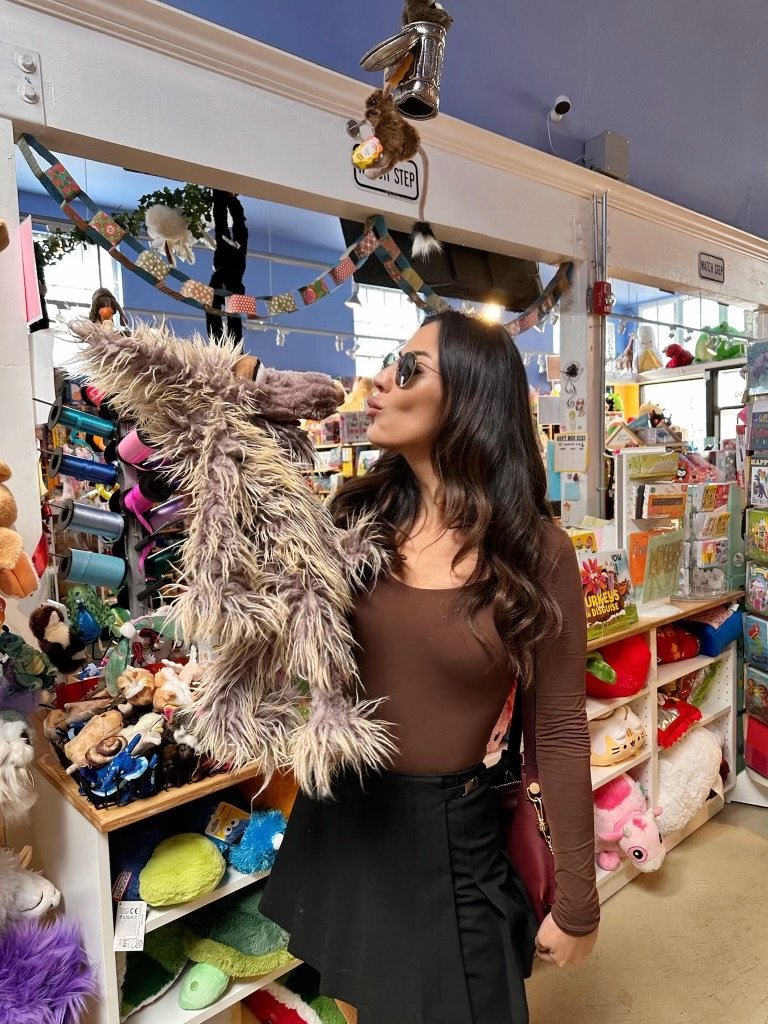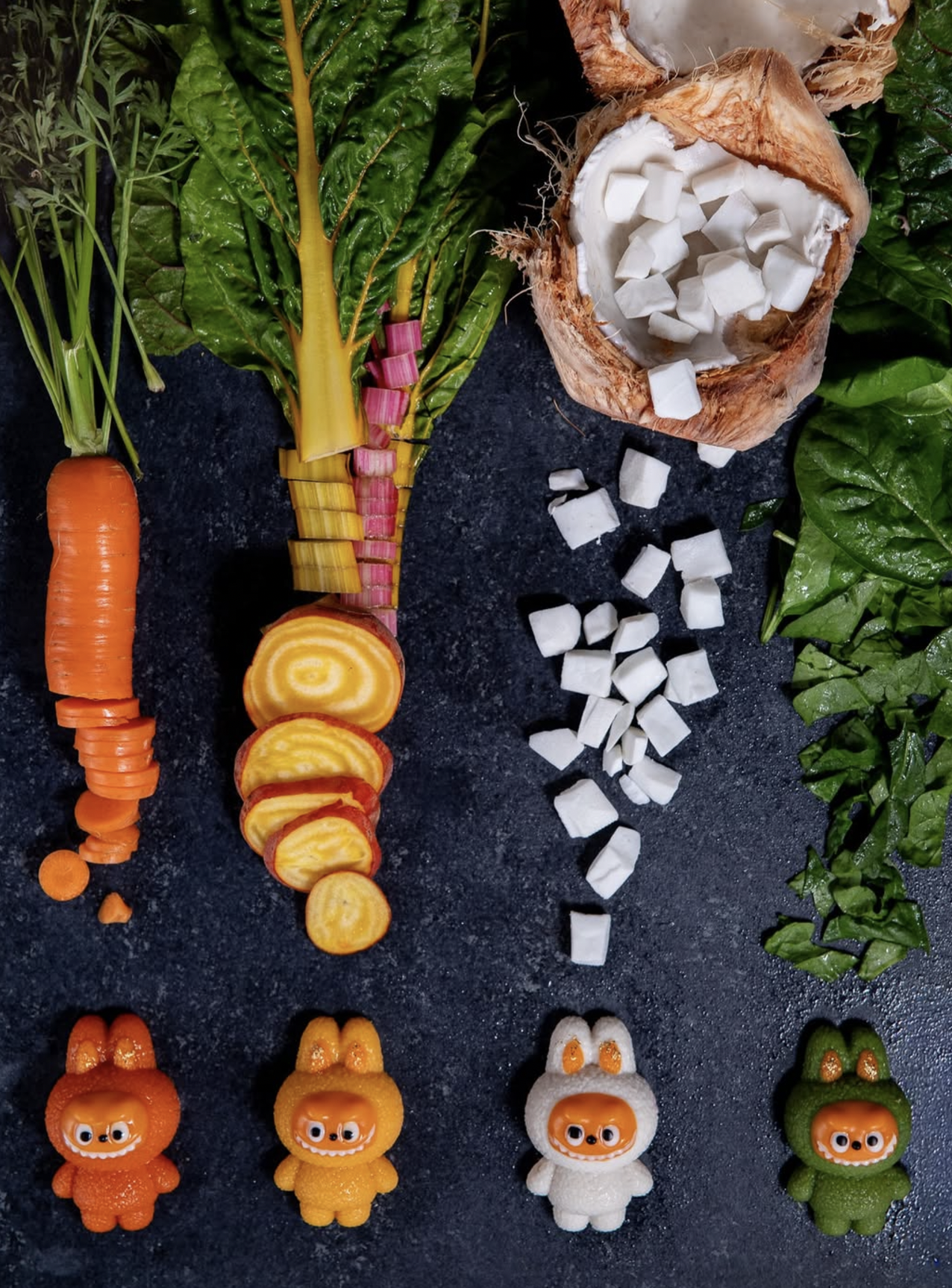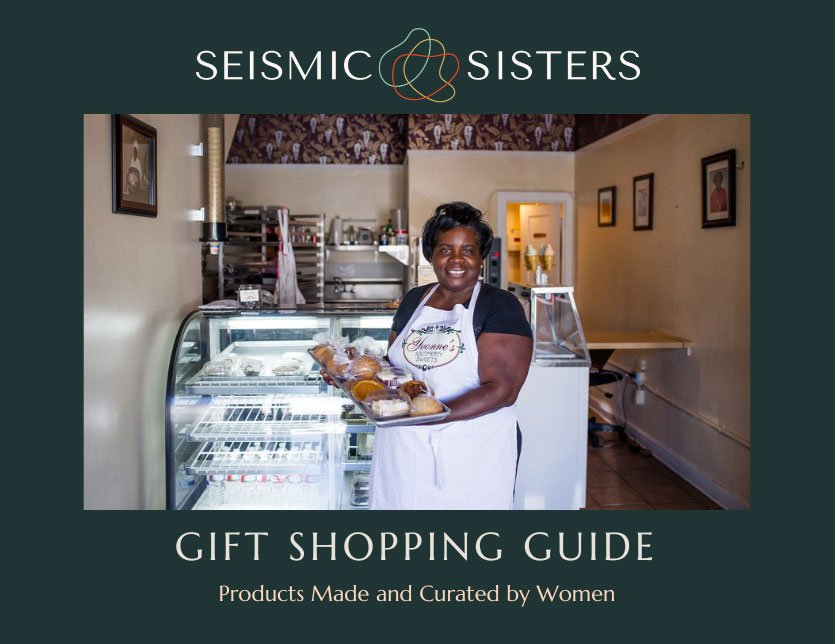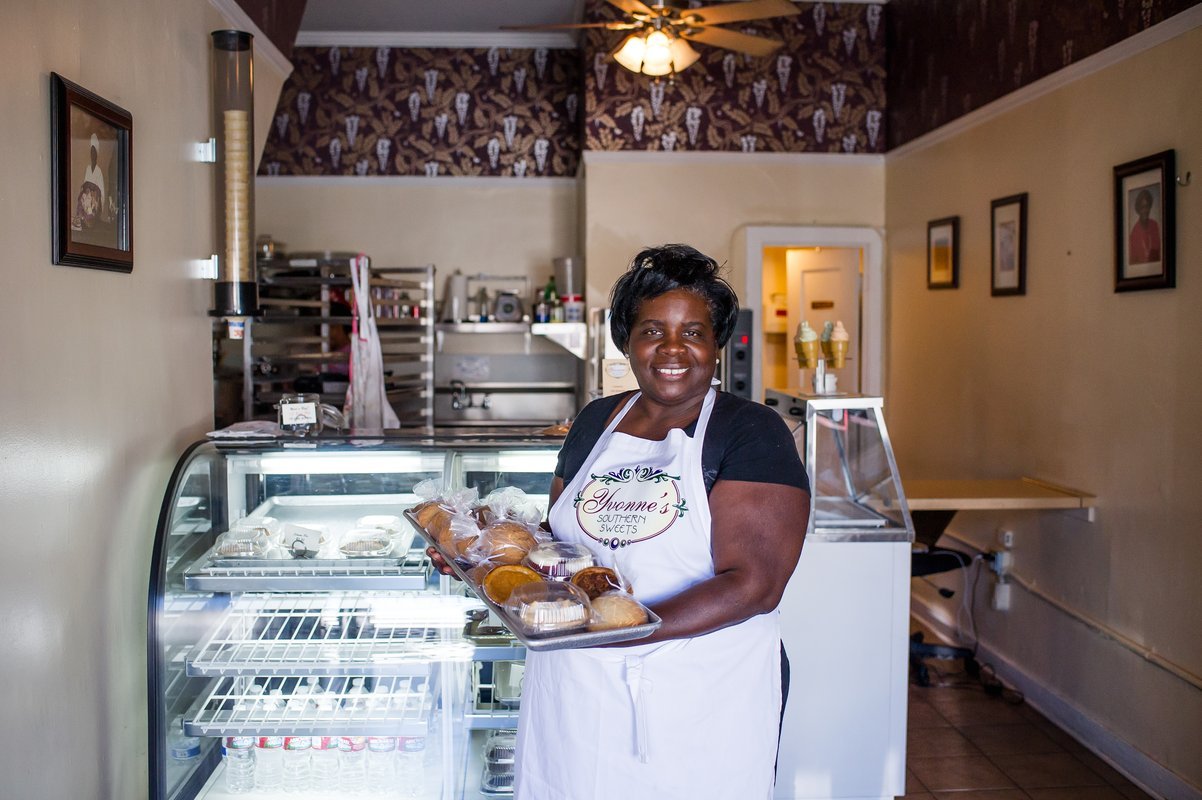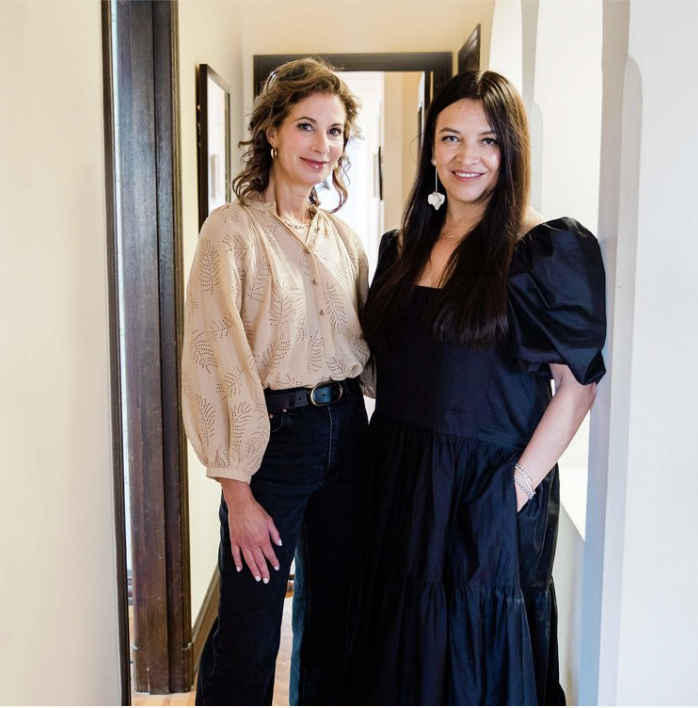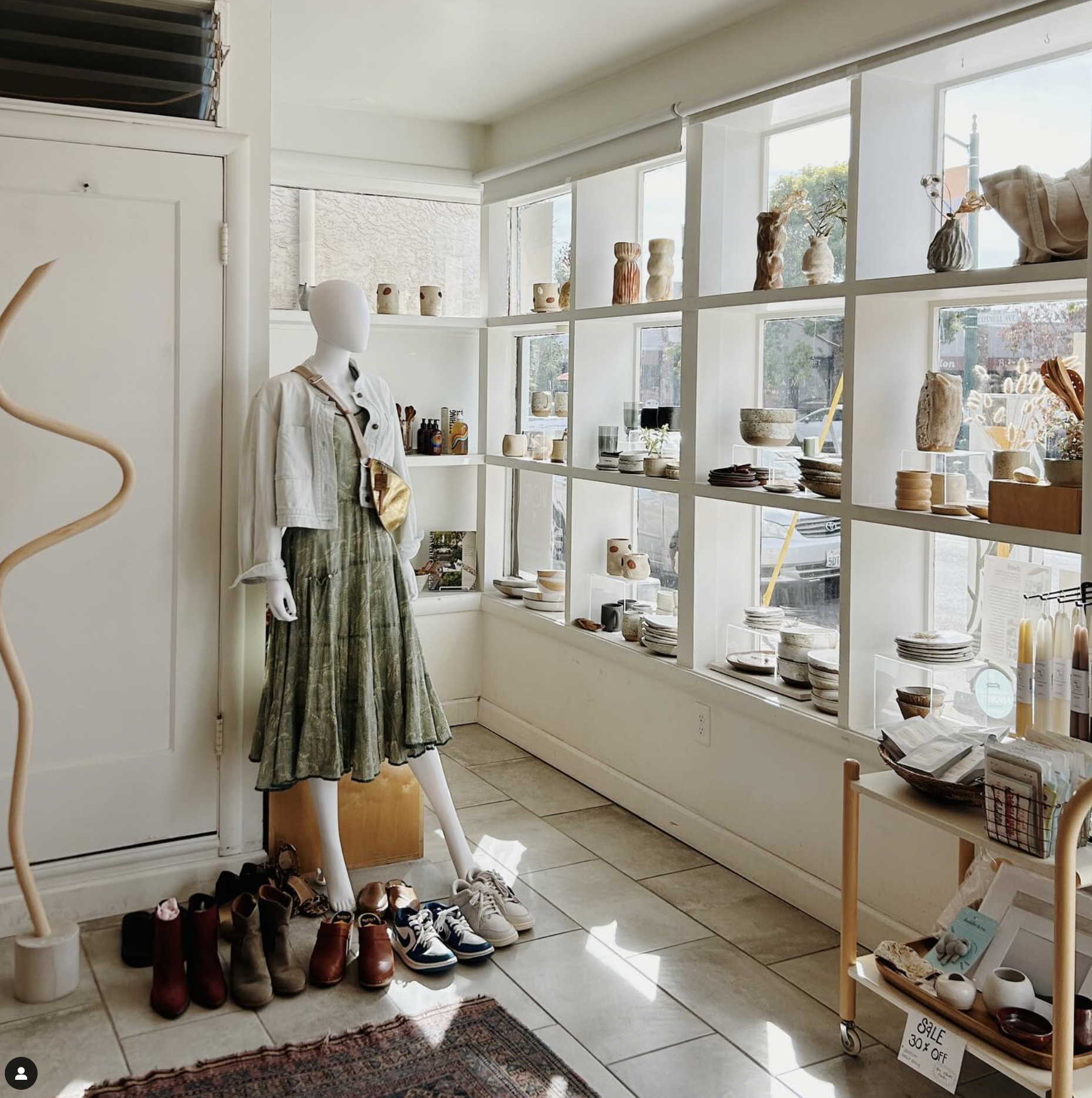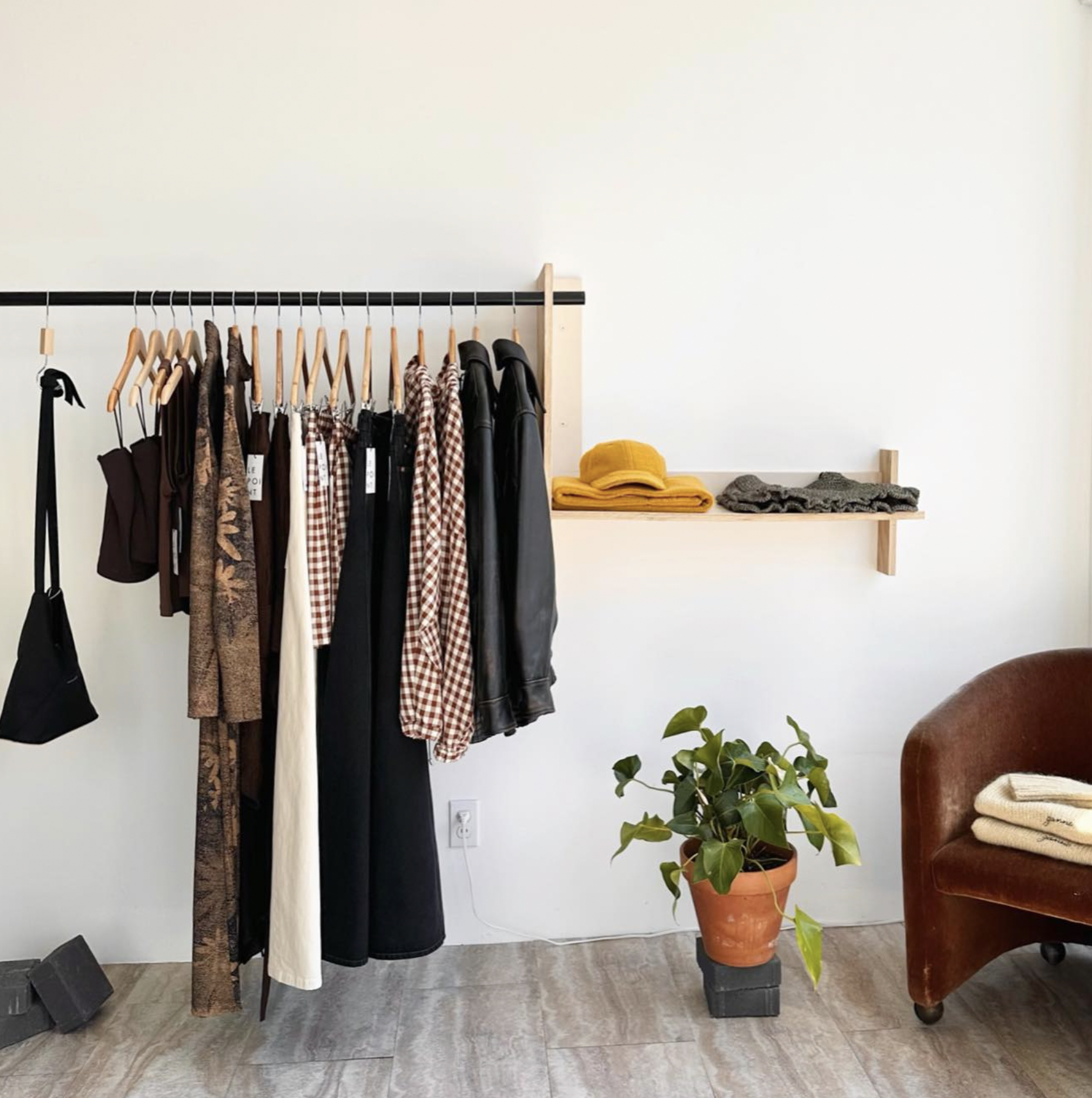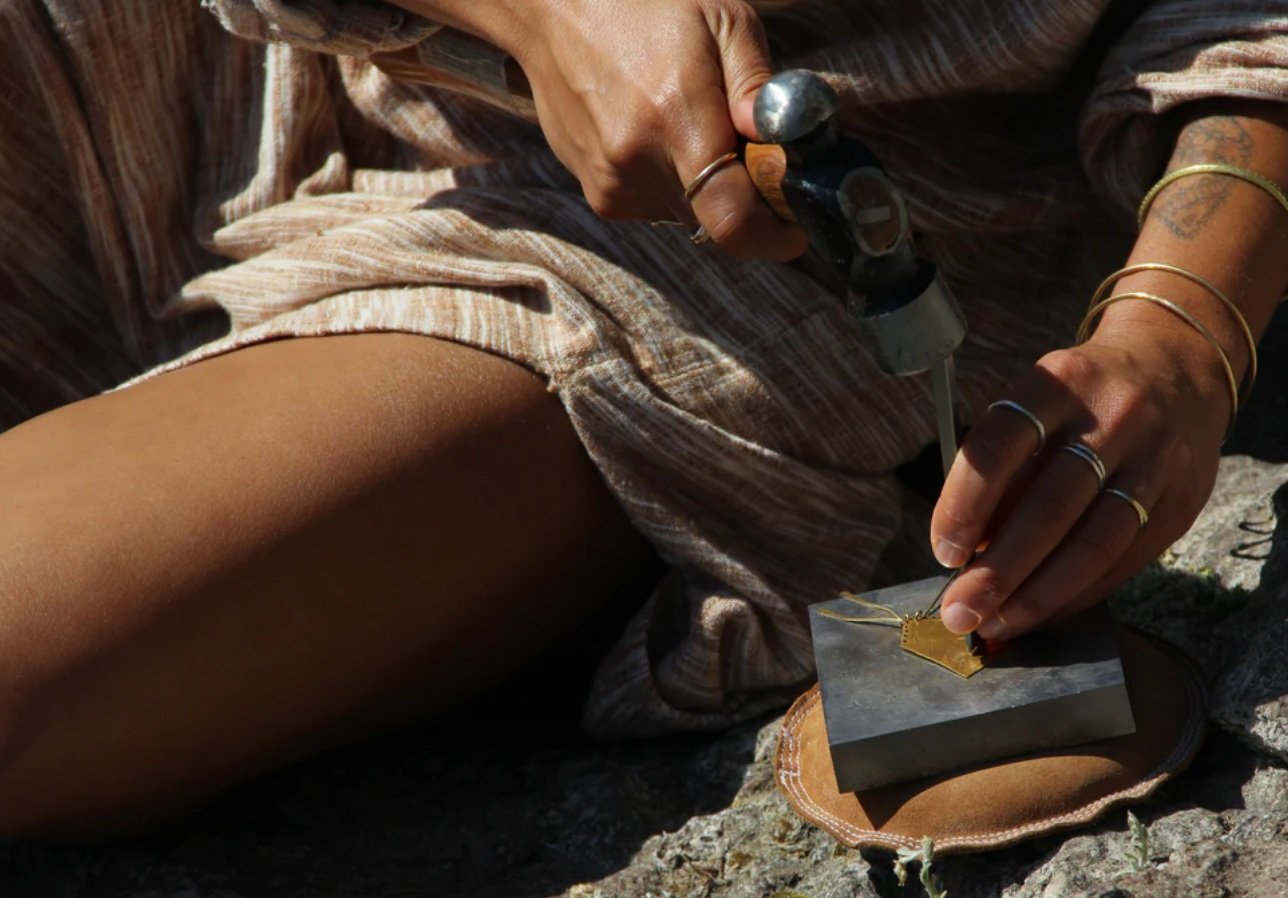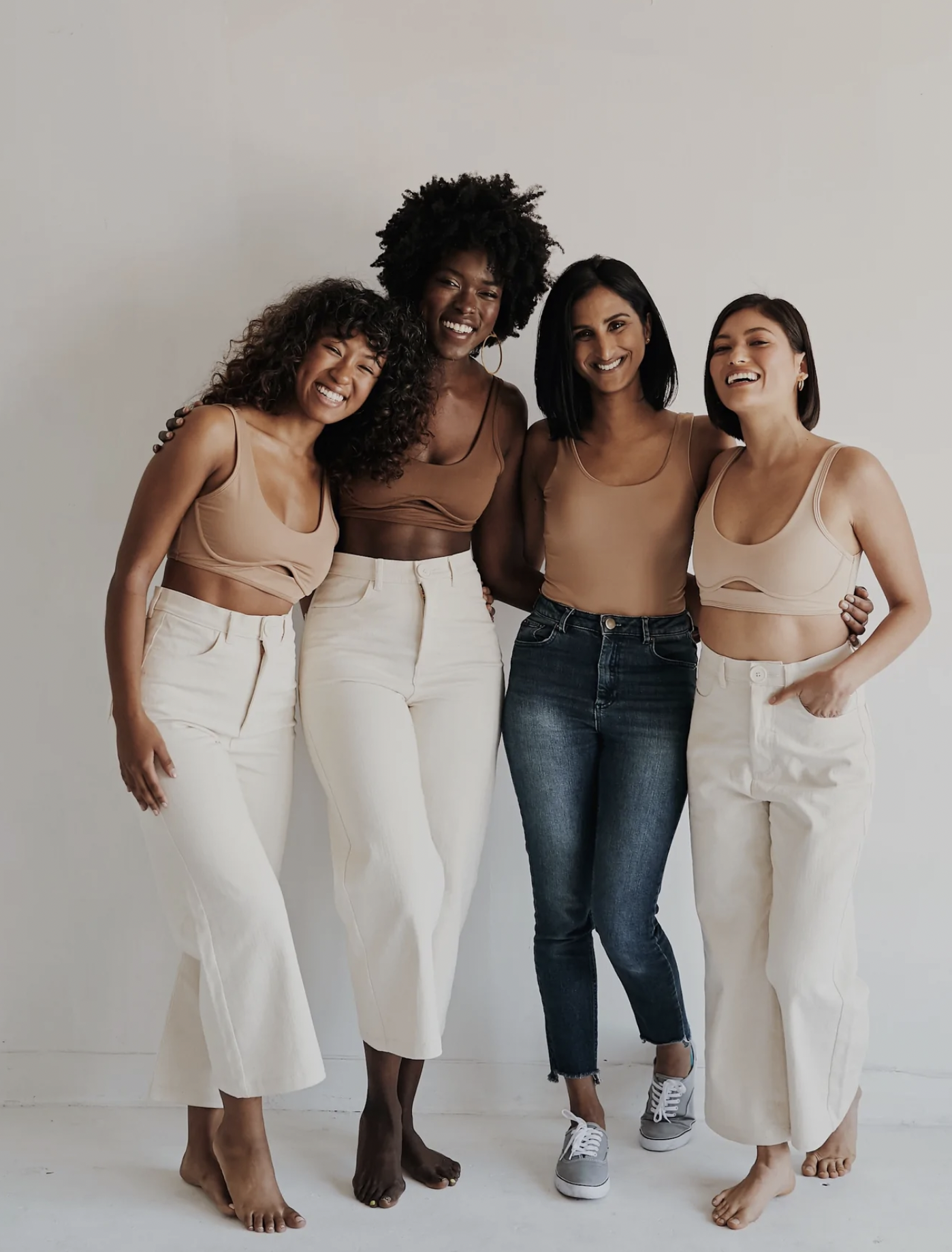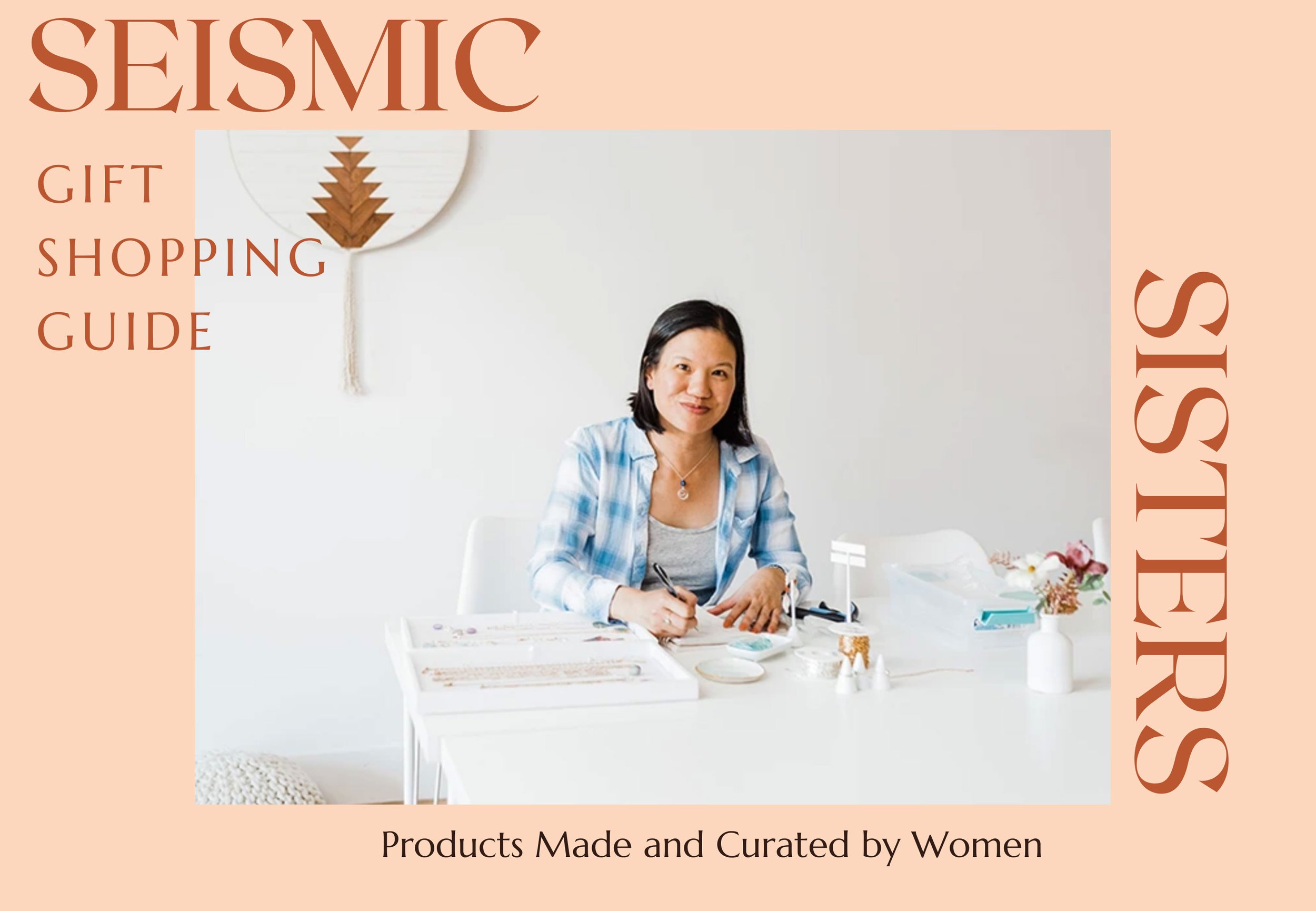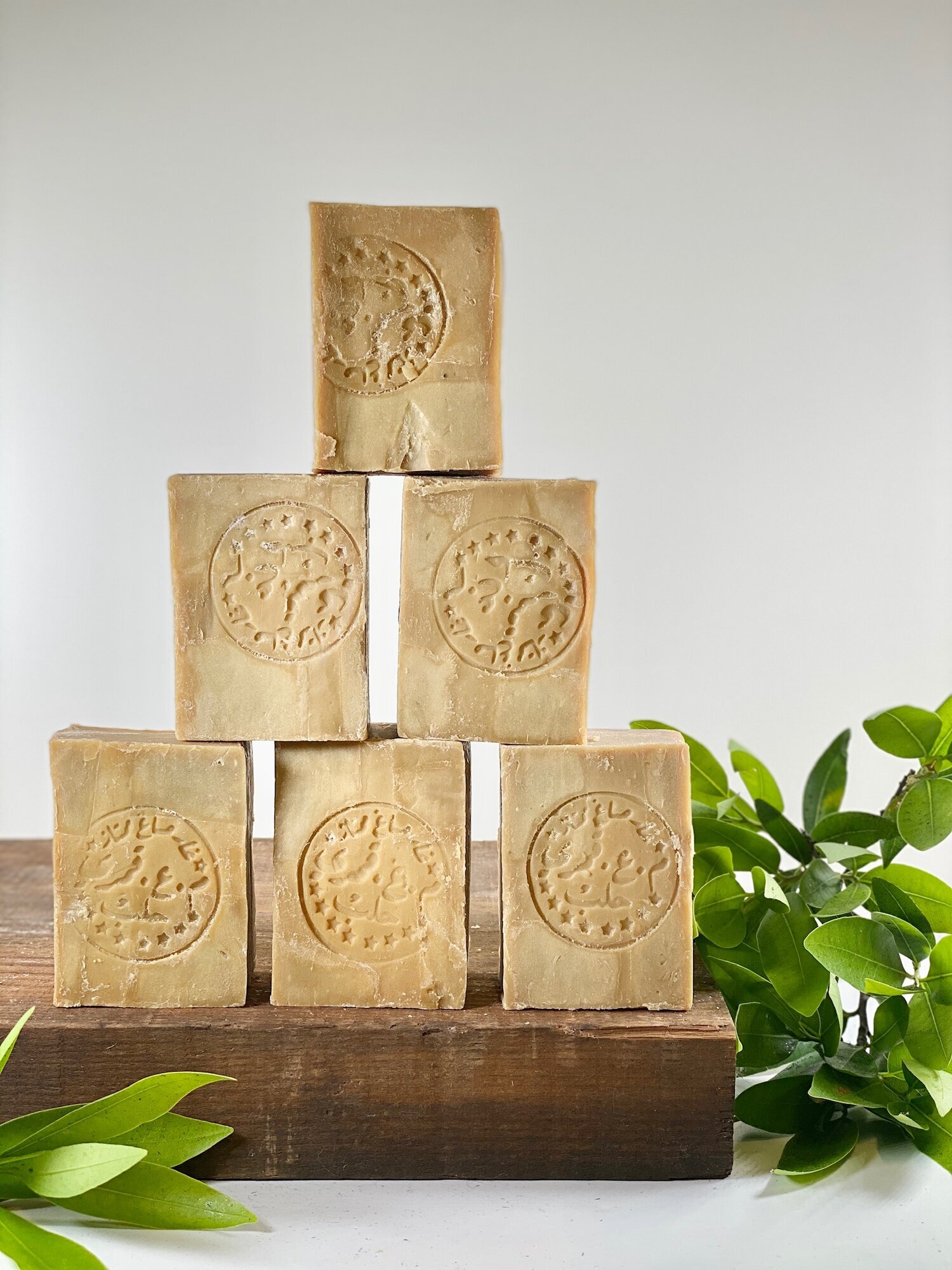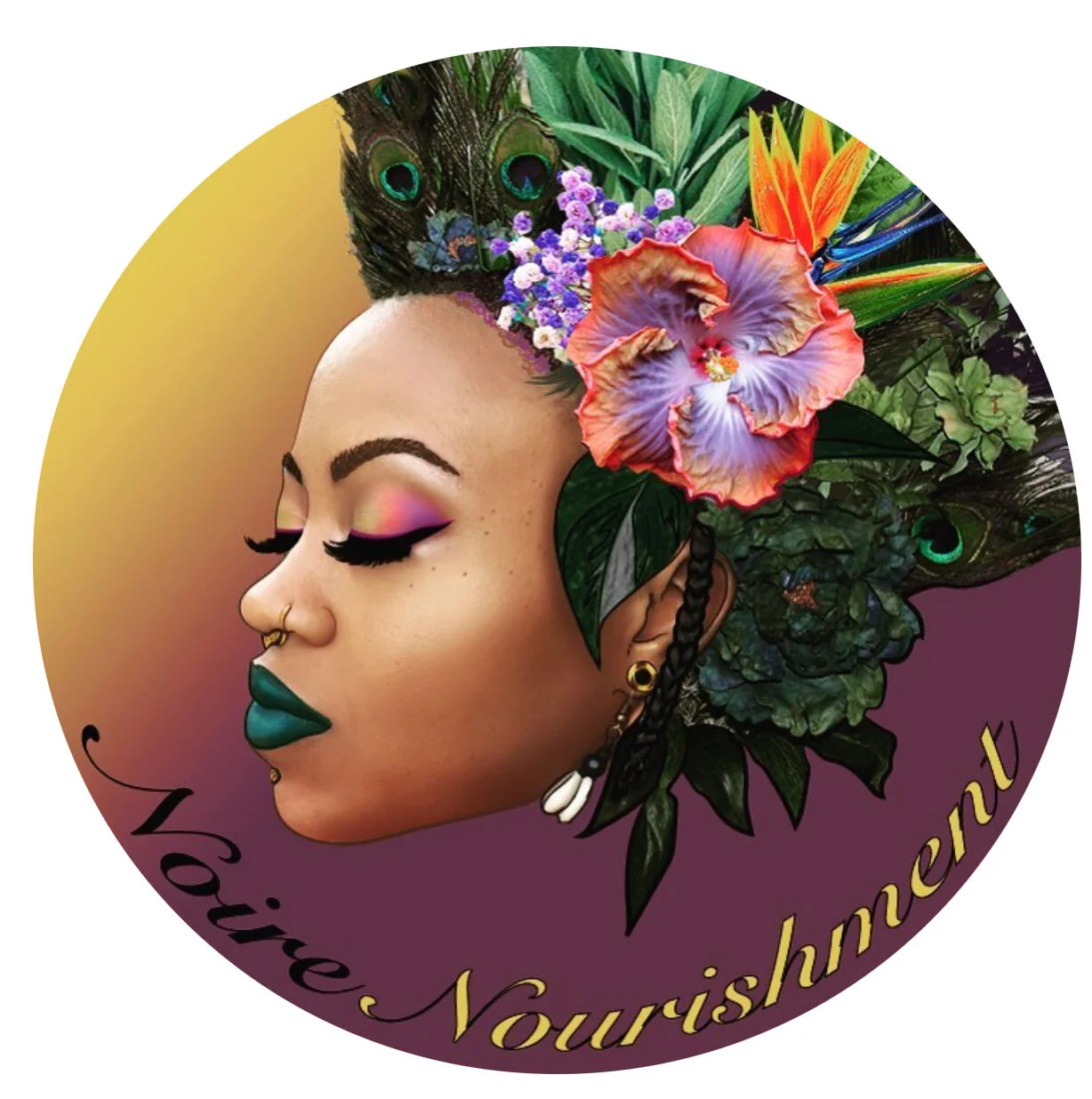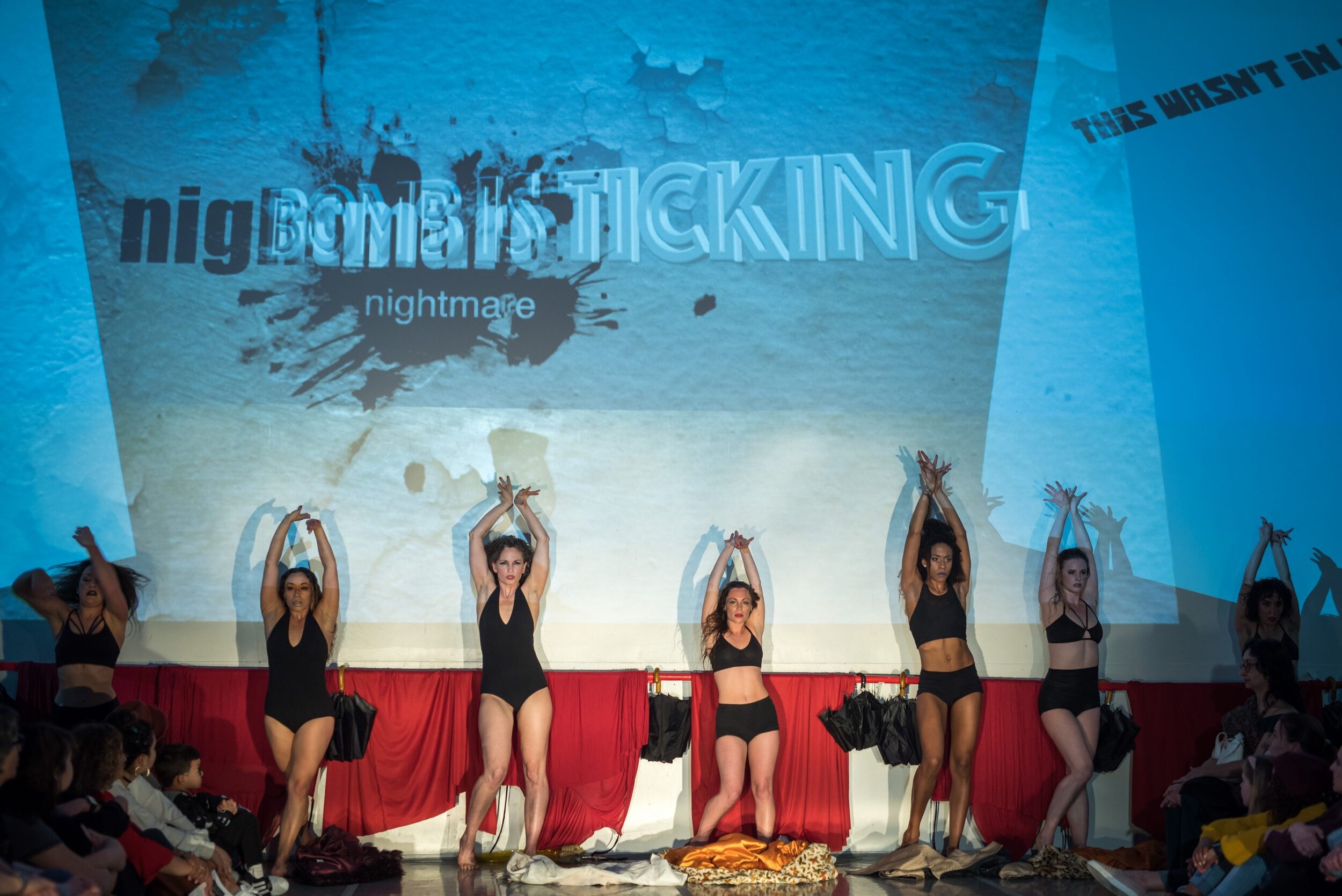Women Owned Gifts from the San Francisco Bay Area
At Seismic Sisters, we believe gifts mean more when they come from women who pour heart, craft, and purpose into what they create. This year’s gift guide celebrates Bay Area makers and founders whose businesses uplift community, spark joy, and tell beautiful stories. These gifts support local women, small businesses, and the creative spirit of our region.
Curated by Tumay Aslay.
Founded by siblings Deneen, Coral, and David Brown, Brown Estate is Napa Valley’s first Black-owned winery. Their downtown Napa tasting room is warm, stylish, and full of heritage. A bottle from Brown Estate makes a sophisticated and meaningful gift for wine lovers who appreciate craft, legacy, and family-rooted excellence.
Downtown Napa, California
Created by master formulator Julia Faller, Benedetta is a farm-sourced, botanical skin-care line handcrafted in small batches. Their flagship shop in the Ferry Building is a serene destination for clean beauty lovers. Luxurious, nutrient-rich, and made with deep integrity, these products make thoughtful gifts for anyone who loves natural skin care that truly works.
San Francisco Ferry Building
A beloved gluten-free bakery founded by Patti Furey Crane, Mariposa offers artisan breads, pastries, and seasonal treats that feel indulgent and special. Their Ferry Building location is perfect for picking up beautifully packaged holiday gifts. Ideal for those with dietary needs or anyone who appreciates high-quality baked goods made with care.
San Francisco Ferry Building
A woman-owned plant shop known for lush greenery, curated arrangements, and warm earthy design. Moss and Spade creates plant gifts that bring life into any space, from small potted cuties to statement-making arrangements. Perfect for nature lovers, new-home celebrations, or anyone craving a little more green in their world.
Oakland, California
A cozy, woman-owned indie bookstore that celebrates community, curiosity, and the magic of storytelling. Tally Ho curates books with intention and heart. Their gift sets, staff picks, and beautifully wrapped bundles make perfect presents for readers, dreamers, and thinkers. A beautiful place to find meaningful gifts that last beyond the holidays.
Oakland, California
A woman-owned ceramics studio creating elegant handmade pieces that blend sculpture, comfort, and daily use. Their mugs, bowls, vases, and decorative pieces are infused with warmth and artistry. Perfect for gifting something one-of-a-kind, functional, and full of soul.
Oakland, California
Founded by artist Sue Averell, Gallery Sausalito showcases bold, vibrant, contemporary art inspired by Bay Area landscapes and urban life. It is a true gem for discovering original artwork by women. Ideal for collectors or anyone who loves gifting unique, expressive pieces that tell a story.
Sausalito, California
A woman-founded, family-run toy store that focuses on imaginative, screen-free, educational play. With locations across the Bay, Five Little Monkeys offers an incredible selection of quality toys for children of all ages. A perfect stop for holiday shopping with heart.
Multiple Bay Area Locations
Founded by a passionate Bay Area dog mom, Mishka creates wholesome, adorable dog cakes and treats made with clean, pup-safe ingredients. Perfect for pet lovers, their cakes bring extra joy to holiday celebrations and are crafted with the same care you would give to a beloved family member.
San Francisco, California
Supporting women-owned businesses strengthens our communities and keeps creativity alive in the Bay Area. These makers, artists, and founders remind us what local craftsmanship looks like when it comes from passion and purpose. Whether you are shopping small, shopping local, or shopping with intention, we hope this guide helps you discover gifts that uplift the women who keep our region vibrant.

